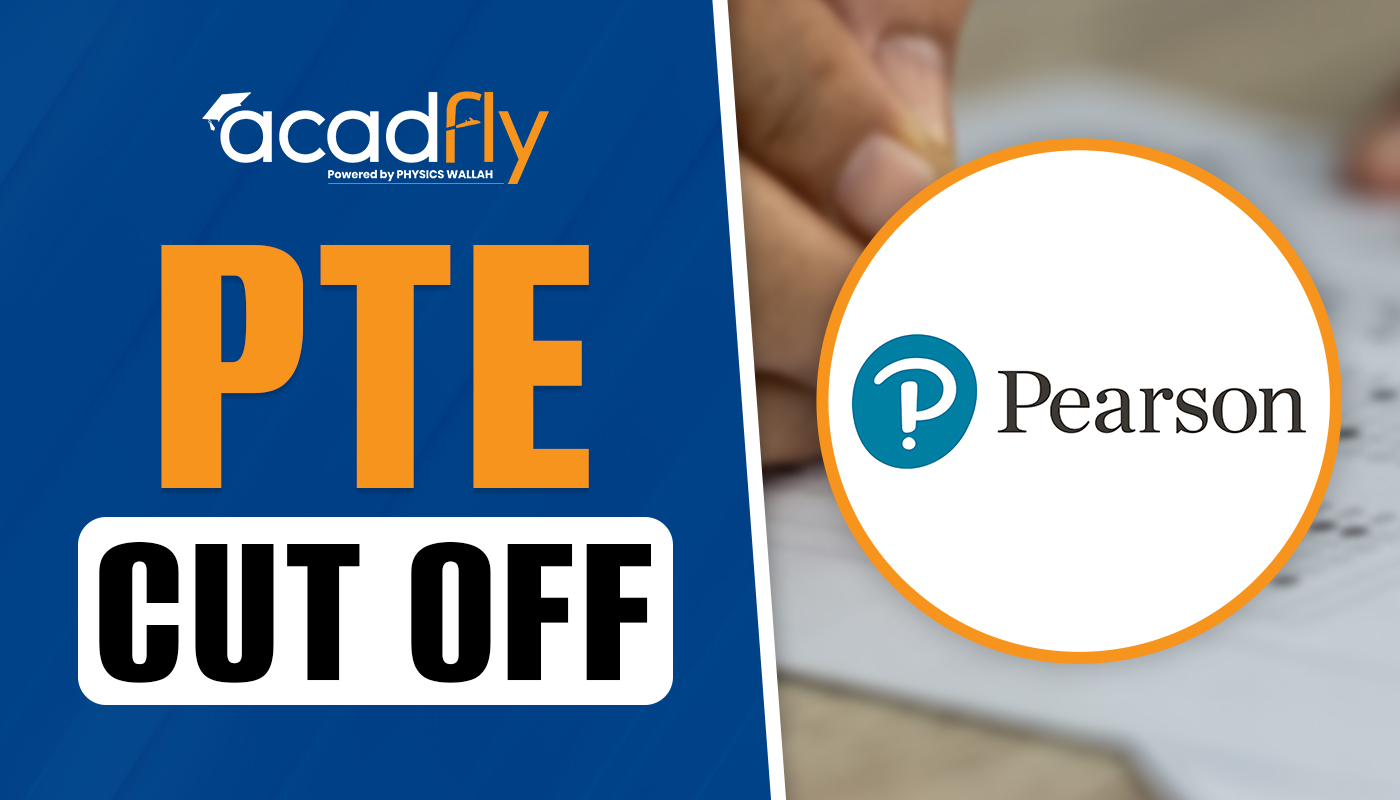
As the demand for data-driven decision-making continues to rise globally, pursuing a degree in Business Analytics has become increasingly appealing to students worldwide. Ireland, with its vibrant economy, rich educational heritage, and a multitude of opportunities in the tech and business sectors, has emerged as a prime destination for aspiring business analysts. This article explores the business analytics requirements in Ireland, providing detailed insights into eligibility criteria, admission processes, IELTS requirements, scholarship opportunities, and a comprehensive look at the top universities offering this program.
Understanding Business Analytics
Before diving into the requirements, it's essential to grasp what Business Analytics entails. Business Analytics is a multidisciplinary field that combines statistics, data analysis, and business acumen to derive actionable insights from data. This field empowers organizations to make informed decisions, optimize operations, and enhance profitability by utilizing advanced analytical techniques.
With businesses increasingly relying on data to drive strategies, the need for skilled professionals in Business Analytics is soaring. Pursuing a degree in this field can lead to rewarding career paths in various sectors, including finance, marketing, healthcare, and more.
Business Analytics Landscape in Ireland
Ireland boasts a thriving tech industry, hosting numerous multinational companies, particularly in Dublin, which is often referred to as the "Silicon Docks." This dynamic environment provides students with abundant internship and job opportunities post-graduation, making it an attractive choice for those looking to study Business Analytics.
Eligibility for Business Analytics Ireland
To pursue a degree in Business Analytics in Ireland, applicants typically need a bachelor’s degree in a related field such as business, mathematics, statistics, or computer science. Additional requirements may include a strong academic record, relevant work experience, and proficiency in quantitative methods. Some institutions may also consider candidates with diverse backgrounds if they demonstrate the necessary analytical skills.
General Eligibility Criteria
To be eligible for a Business Analytics program in Ireland, students typically need to meet the following criteria:
Educational Background
Applicants should possess a bachelor’s degree in a relevant field such as business, mathematics, statistics, computer science, or engineering. Some universities may accept degrees from other disciplines if the applicant can demonstrate sufficient quantitative and analytical skills.
Minimum Grade Point Average (GPA)
Most institutions require a minimum GPA, which can vary between universities. Generally, a GPA of 2.1 or higher on a 4.0 scale is considered competitive.
Relevant Work Experience
While not mandatory, having work experience in a related field can strengthen an application. Internships or positions in data analysis, business intelligence, or project management can be beneficial.
Specific Program Requirements
Different universities may have specific requirements, so it's crucial to check the admission criteria of each institution. For instance, some programs might require students to complete prerequisite courses or demonstrate proficiency in certain software tools commonly used in business analytics.
IELTS for Business Analytics Ireland
For non-native English speakers, achieving a minimum score in the IELTS exam is essential for admission to Business Analytics programs in Ireland. Most universities require an overall score of 6.5 to 7.0, with no individual band score lower than 6.0. This ensures that students possess the language proficiency necessary to engage with course materials and participate effectively in academic discussions.
English Language Proficiency
International students whose first language is not English must demonstrate their proficiency in the language. The IELTS (International English Language Testing System) is one of the most widely accepted tests for this purpose.
Required IELTS Scores
Most universities in Ireland require a minimum IELTS score of 6.5 to 7.0 for admission into Business Analytics programs. Each institution may have its specific score requirements, which are often detailed on its official websites.
Preparing for the IELTS
Students should invest time in preparing for the IELTS exam to achieve their desired scores. There are numerous preparation courses available, both online and in-person, that can help candidates improve their reading, writing, listening, and speaking skills.
Top Business Analytics Universities Ireland
Ireland is home to several prestigious universities offering exceptional Business Analytics programs. Here are some of the top institutions known for their quality education and strong industry connections:
1. University College Dublin (UCD)
UCD offers a Master of Science in Business Analytics, designed to provide students with the skills needed to excel in data analytics roles. The program covers areas such as data mining, predictive analytics, and business intelligence.
2. Trinity College Dublin
Trinity College provides a specialized MSc in Business Analytics that combines theoretical knowledge with practical skills. The curriculum includes hands-on projects and access to industry tools, preparing graduates for real-world challenges.
3. University of Galway
The MSc in Business Analytics at the University of Galway focuses on data analysis techniques and their application in business. The program includes modules on machine learning, data visualization, and decision-making analytics.
4. Dublin City University (DCU)
DCU offers an MSc in Data Analytics, which is closely related to Business Analytics. This program emphasizes statistical analysis, machine learning, and programming skills necessary for successful careers in the field.
5. Cork Institute of Technology
Cork Institute offers a Master’s in Business Analytics, focusing on statistical and analytical methods to solve business problems. The program is known for its practical approach and industry collaboration.
Comparative Overview of Top Universities
To help prospective students compare these institutions, here’s a summary of the essential aspects of their Business Analytics programs:
|
University |
Program Name |
Duration |
IELTS Requirement |
Key Focus Areas |
|
University College Dublin |
MSc in Business Analytics |
1 Year |
6.5-7.0 |
Data Mining, Predictive Analytics |
|
Trinity College Dublin |
MSc in Business Analytics |
1 Year |
6.5-7.0 |
Data Visualization, Machine Learning |
|
University of Galway |
MSc in Business Analytics |
1 Year |
6.5-7.0 |
Decision-Making Analytics |
|
Dublin City University |
MSc in Data Analytics |
1 Year |
6.5-7.0 |
Statistical Analysis, Programming |
|
Cork Institute of Technology |
Master’s in Business Analytics |
1 Year |
6.5-7.0 |
Statistical Methods, Business Solutions |
Overview of the Table
This table provides a concise comparison of the top universities offering Business Analytics programs in Ireland. Each program is structured to provide a comprehensive understanding of data analytics in a business context, preparing students for various roles in the industry.
Business Analytics Admission Ireland
Admission to Business Analytics programs in Ireland typically involves submitting an application form, academic transcripts, a statement of purpose, and letters of recommendation. Some institutions may also require a personal interview or standardized test scores, such as the GMAT or GRE, particularly for postgraduate programs. Deadlines for applications vary by institution, so prospective students should check specific requirements.
Application Process
The admission process for Business Analytics programs in Ireland typically involves the following steps:
Research Programs
Prospective students should research various universities and their specific programs to find the one that best aligns with their career goals and interests.
Prepare Required Documents
Commonly required documents include:
-
Academic transcripts
-
A detailed CV
-
A personal statement outlining the applicant’s motivation for studying Business Analytics
-
Letters of recommendation
Submit Application
Applications can often be submitted online through the university’s official portal. It’s essential to adhere to deadlines, as they can vary between institutions.
Attend Interviews
Some universities may require an interview as part of the selection process, where candidates can showcase their passion for the field and relevant experiences.
Important Deadlines
Each university has specific deadlines for applications. Typically, the application period for postgraduate programs opens in the autumn, with deadlines ranging from December to April. Applicants should ensure they are aware of these deadlines to avoid missing out on their preferred programs.
Scholarships for Business Analytics Ireland
Various scholarships are available for students pursuing Business Analytics in Ireland, aimed at both domestic and international applicants. These scholarships may be based on academic merit, financial need, or specific criteria related to the applicant's background or career goals. Notable scholarships include government-funded initiatives, university-specific awards, and industry-sponsored scholarships that help alleviate the financial burden of tuition fees.
Types of Scholarships Available
Ireland offers various scholarships for international students pursuing degrees in Business Analytics. These scholarships can significantly reduce the financial burden of studying abroad.
University Scholarships: Many universities provide scholarships based on academic merit or specific talents. For example, UCD and Trinity College offer scholarships for exceptional international students.
Government Scholarships: The Irish government occasionally offers scholarships to promote education for international students. These scholarships may cover tuition fees and living expenses.
Private and Corporate Scholarships: Several organizations and companies provide scholarships to encourage students in business and analytics fields.
Application for Scholarships
To apply for scholarships, students typically need to submit:
-
An application form
-
Academic transcripts
-
A personal statement
-
Letters of recommendation
It’s advisable to check individual university websites for specific scholarship opportunities and eligibility criteria.
Career Prospects in Business Analytics
Graduates with a degree in Business Analytics in Ireland enjoy promising career prospects across various sectors, including finance, healthcare, marketing, and technology. Common job roles include data analyst, business intelligence analyst, and analytics consultant, with many positions offering competitive salaries. The increasing reliance on data-driven decision-making in organizations ensures a growing demand for skilled professionals in this field.
Job Opportunities
Graduates of Business Analytics programs in Ireland can pursue various career paths, including:
-
Business Analyst: Analyzing business operations and providing data-driven recommendations to enhance efficiency.
-
Data Scientist: Utilizing advanced statistical techniques to interpret complex data sets and provide insights.
-
Marketing Analyst: Examining market trends and consumer behavior to inform marketing strategies.
-
Financial Analyst: Assessing financial data to aid in investment decisions and risk management.
Industry Demand
The demand for skilled professionals in Business Analytics is expected to grow, with many companies seeking data-driven insights to stay competitive. As businesses increasingly rely on data, graduates will find numerous opportunities across various sectors.
Conclusion
Studying Business Analytics in Ireland offers a pathway to a fulfilling career in a rapidly growing field. By understanding the eligibility criteria, admission processes, IELTS requirements, and available scholarships, prospective students can prepare effectively for their journey. With its robust educational framework and thriving industry landscape, Ireland stands out as an ideal destination for aspiring business analysts.
Frequently Asked Questions
1.What are the eligibility requirements for studying Business Analytics in Ireland?
2.Which universities in Ireland offer Business Analytics programs?
3.What is the IELTS requirement for Business Analytics programs in Ireland?
4.Are there scholarships available for international students studying Business Analytics in Ireland?
5.What career opportunities are available after completing a Business Analytics degree in Ireland?









